Sessions / Zoom D

Emergent forms of peer feedback for L2 writers by design #176
Peer feedback within writing instruction can help L2 writers understand the needs of readers. This presentation details a novel use of Rasch measurement and an anonymized judging plan to enhance qualitative and quantitative feedback for L2 learners in a writing course. While typically used for research purposes, these tools are used here by a writing instructor and the procedure is kept simple for the students. The presentation provides the conceptual backing for design choices, a general overview of the procedure, and the results of an initial trial run with 16 high-proficiency learners of English. Anonymity is used to create a space for learners to give constructive feedback. A judging plan allows for varied sources of qualitative comments for each essay. Together with Rasch measurement, it also allows for group-wide measures of both rating behavior and the rated essays without asking students to rate all writing samples from a class. The primary aim is to illicit diverging forms of feedback that require each learner to make interpretations. Finally, the learners write reflection papers on the experience. This peer evaluation design ensures privacy, diverse forms of feedback, reliable scoring, and manageable workloads. An exit survey from the trial run indicated that unique insights emerged for the participants about how different readers can receive writing in different ways.
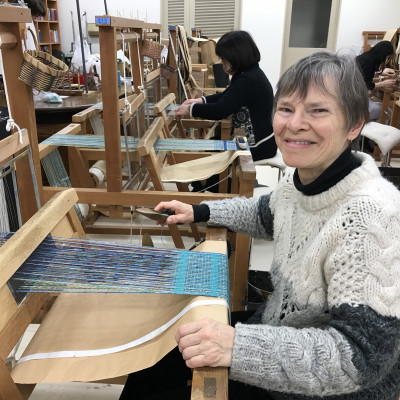
Homo Docens: Lessons From Brain Science About Effective Teaching #182
The official scientific name for our species is homo sapiens (wise human), but evolutionary scientists and neuroscientists suggest that a more accurate description is homo docens (the species that teaches itself). Why? Well, although learning is universally widespread in the animal world, ours is the only species that actively teaches its offspring (Högberg, Gärdenfors & Lars Larsson, 2015; Dehaene, 2020). This presentation will draw mainly on the work of Stanislas Dehaene to explain four basic principles that lead to effective learning and the neuroscience behind each one. These principles are: 1) Help learners direct and focus their attention; 2) Foster active engagement with the subject matter under investigation; 3) Provide constructive error feedback that guides learning and does not evaluate the learner; 4) Create opportunities for consolidation of learning through regular practice and skill building activities that enable subconscious mastery of what is being learned. Examples of class activities for a variety of levels of English learners will be provided to illustrate each of these principles and it is hoped that participants in the follow-up Q & A discussion will share many more examples of their own.

An ALT’s case study: music for young ESL learners #171
Music in English lessons is important to introduce new grammar and vocabulary to young learners. Niigata City Japanese English Teachers (JTE) and Assistant Language Teachers (ALT) in public schools use original songs in textbooks provided by the Board of Education. Given that students and new teachers take time to remember new tunes, this study suggests utilizing nursery rhyme tunes that students already know to teach pronunciation and syllables. This paper employs a quantitative method to data collection and analysis. It analyzes 38 Grade 4 students’ responses to nursery rhyme tunes when acquiring new English words. Furthermore, students’ response to composing their own lyrics is observed. Students’ evaluation responses find that 79% of participants recalled new English words learned, and 63% found music useful when learning English. 11 participants recalled the lyrics from the previous unit, of which 8 participants managed to write the lyrics in Japanese (katakana). The results suggest activating schemata eases the recollection of words learned previously. Teachers can use this method for any topic in elementary Grade 4 to teach new words by adding familiar musical element. This method will be continuously developed to assist other JTEs and ALTs in various topics as an essential classroom material.
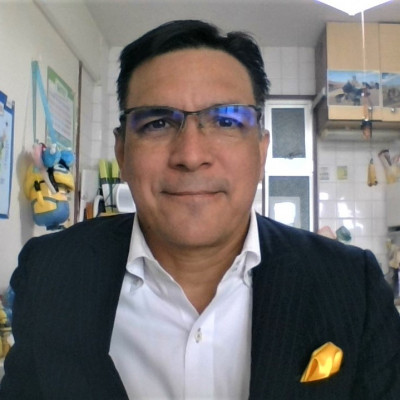
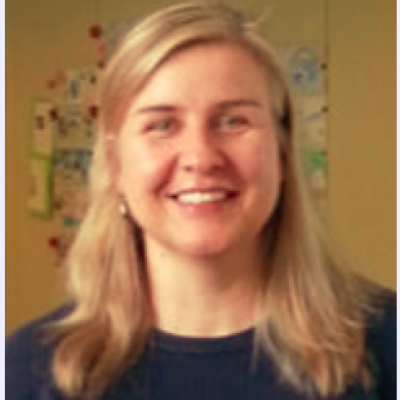





Teaching Younger Learners Forum #172
In the wake of COVID-19, we are going to have a forum that is open to the public using on-line technology. Here we will discuss the progress of the SIG, what is going on, and the plans for the future. We should also have time to address any teaching ideas you have for others and work to better our teaching with suggestions from a panel of experienced teachers. Please join us in sharing your ideas and thoughts!

An overview of a school's curriculum for the student-centered classroom #173
In this show and tell presentation, the speaker will talk about a school's four skills curriculum for a student-centered classroom. Although not a research-based presentation, much of what will be discussed will focused on research in 2018 from the United States and will follow the seven principles of student-centered learning. Those principles are learning that has positive relationships, whole child needs, positive identity, student ownership and agency, real-world relevant, competency progression, and anytime/anywhere features. The target audience will be teachers of kindergarten through 12th grade students. As many educators know, a school’s curriculum can set it apart from other competitors in the same geographical region. In other words, a school that focuses on its learners, and not just a one size fits all ideology, has a greater chance at reaching all learners in its institution. Specifically, the presenter will talk about a schools’ method used to instruct students, a differentiated curriculum, an effect assessment and evaluation process, educational results, and finally whether or not this matches the location the teacher works in. This will be an interactive presentation with questions being raised during discussion. There will be personal stories and lessons learned from over two decades of running a conversation school. Participant takeaways will be helping them assess their current curriculum needs and showing them how to develop a solid student-centered curriculum that benefits both their students and the school where they work. With a student-centered ideology in place, the pedagogy shifts from being standardized to individualized.
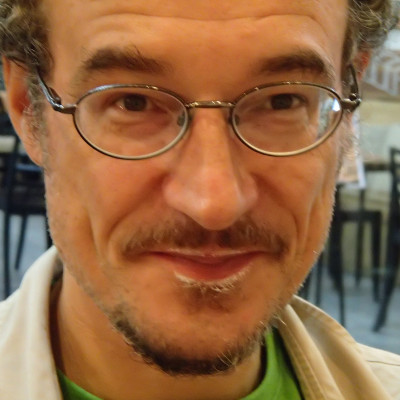


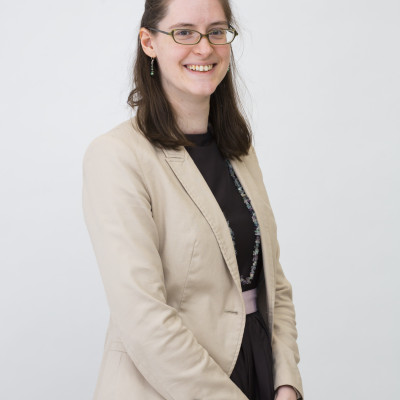
Gender and Climate Change #187
The solutions to the climate emergency require input from a diverse mix of people as not fully utilizing talents will lead to further problems. Women will be affected more severely as a result of climate change with UN figures indicating that up to 80% of displaced people will be women. This forum examines issues related to gender and the environment both within Japan and globally. Brent Simmonds will discuss the role of female, youth climate activists including Greta Thunberg and Eva Tolage and demonstrate a classroom research project in which students discuss what they can do to solve problems in the present climate emergency. Jennie Roloff Rothman will focus on using the Sustainable Development Goals (SDGs) to promote equality and sustainability. Catriona Takeuchi will talk about bringing global issues narratives into the classroom. Finally, Mark Brierley will highlight issues of gender, environmental degradation, and food supply using European and American near-future science fiction movies, in particular, the 1973 dystopia, Soylent Green.